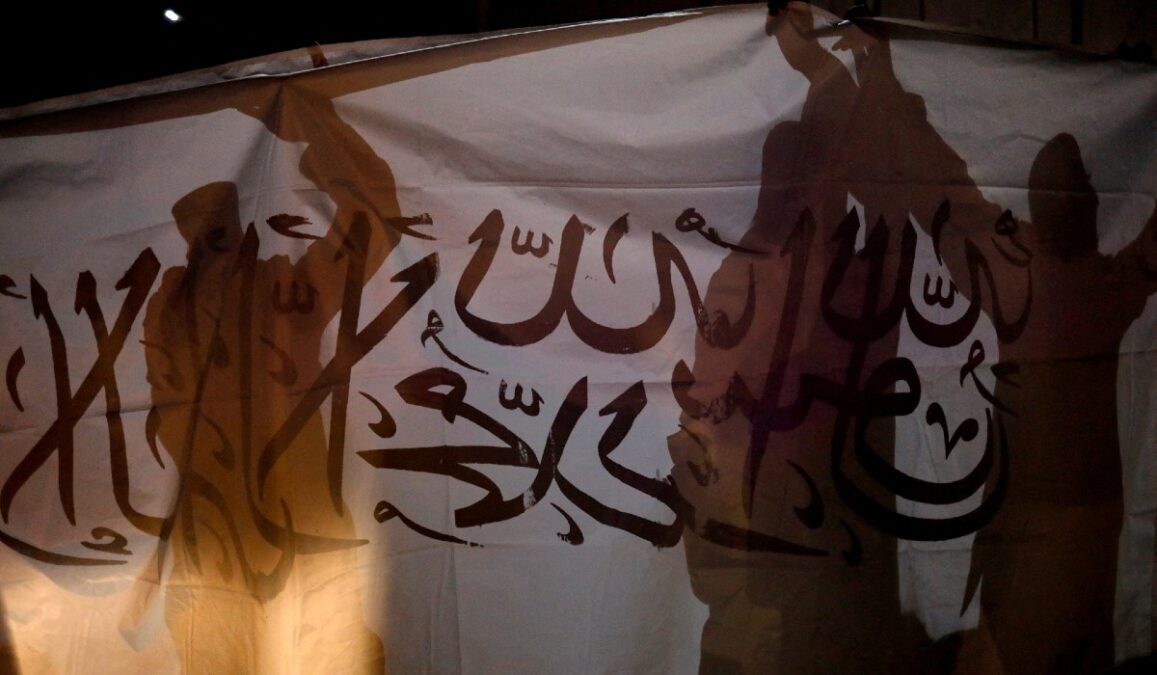The Taliban’s supreme leader, Haibatullah Akhundzada recently issued a decree outlining the processing of “principal documents” which is seen as the first step in the departure from legislation tied to the former government.
In a document outlining the new process, a senior legal expert on Afghanistan law, Thomas Kraemer, stated that the first step in the processing of principal documents will see ministries or government offices draft desired legislation.
This is a departure from the practice adhered to under the former government, which had a department within the ministry of justice that dealt with drafting of legislation.
Kraemer explains that under the new decree, the Taliban’s ministry of justice will only get involved once the line ministry has prepared the principal document.
Once the principal document has been prepared, the Taliban’s justice ministry will then review it – primarily for compliance with Sharia law.
Kraemer notes that the next step will see the legislation forwarded to a committee for further review. Akhundzada’s decree however, does not make mention of who will make up this final review committee, which has yet to be formed, nor does the decree state what the committee’s intended focus will be on.
Based on recent orders, issued by Akhundzada, Kraemer says it is likely that the committee will include members well versed in Sharia law. He explains that once the committee has finalized the legislation, it will be sent to Akhundzada for his endorsement and then once endorsed, the legislation will be published in the official gazette.
According to Kraemer, the “decree is notable for outlining, for the first time, how the (Taliban’s) interim government envisions the law-making process.”
Since the fall of the republic, there has been no parliament, and the Taliban appears to have no intention of restoring the legislative branch – rendering the law-making process an executive branch responsibility and giving Akhundzada the final say.
The international legal community has regularly noted that the Taliban came to power in August 2021 “through unconstitutional means”.
Initially, the group did not issue a decree suspending or repealing the constitution and has stayed mostly silent on the issue, although there were reports two months ago that they had dissolved the constitution, adopted by former president Hamid Karzai. The group has also not released a formal document or policy statement on how it plans to govern.
The Taliban has also not officially nor directly rescinded any laws from the previous government but, legal experts claim, their actions demonstrate that they have no regard for the laws and regulations that were enacted in the past 20 years.
Critics have said the group has consistently emphasized that they govern in accordance with Sharia without providing specific details or a definition of what they mean by Sharia.
Earlier this year, Mahir Hazim, associate research professor at Arizona State University Sandra Day O’Connor College of Law said in a paper published in The Jurist that “it can be concluded from the Taliban’s statements that they ignore the laws in most areas but selectively point to provisions or reference some laws such as banking law when it serves their interests”.
Hazim stated that “the random and often ambiguous orders of their supreme leader are considered the law of the land.” He said “the Taliban has also claimed that they respect international law and international treaties as long as they do not violate Sharia law and their Islamic Emirate’s principles.
“However, in practice, there is no indication that they intend to comply with any international treaties to which Afghanistan is a state party,” Hazim said.
But late last month, Taliban spokesman Zabiullah Mujahid said that work on the formation of a new constitution was underway.
This statement came just a month after the Taliban’s deputy minister of justice Abdul Karim Haider said at a press conference that the group “does not need a constitution to run the country and can resolve the issues by Islamic laws”.




